Projects

01
Digital sovereignty and colonialisms in the Russian-Ukrainian war
This project offers the first systematic mapping of digital sovereignty in Ukraine by attending to the changing social, cultural, and institutional practices surrounding its media infrastructures. It documents how shifting state borders are enacted and encoded through digital technologies, drawing links among topographical layers of internet connectivity that exist at different scales and constitute colonial media ecologies. Maintaining technological autonomy and resilience – a necessary condition for achieving digital sovereignty – is contingent on an intricate understanding of pathways and materialities of media infrastructures that enable it.
Funding: Australian Research Council (ARC)
Team: Olga Boichak
02
Social Media and Data Science
The project aims to advance understanding of polarising impacts of external information events on discourses and attitudes on social media. Our particular interest lies in identifying the sociolinguistic drivers and patterns of affective polarisation in the case of the Australian bushfire crisis, and then testing our model’s performance in other climate-related crises around the world. Our team examines the interplay between exogenous and endogenous drivers in affective polarisation with regard to climate change, modelling the relationship between external climate events (in our case, bushfires), and internal sociolinguistic dynamics that occur on social technology platforms.
Funding: Theta-X Grand Challenge from the Centre for Translational Data Science (University of Sydney)
Team: Tristram Alexander, Eduardo Altmann, Monika Bednarek, Olga Boichak, Justin Miller


03
Mapping the Digital Influence Ecosystem
Mapping the digital influence ecosystem brings humanities and social science expertise to bear on a set of problems generally approached from technological or psychological perspectives, foregrounding the importance of the contexts, affordances, and literacies with which users (both military and civilian) navigate digital information environments. This project aims to establish University-wide interdisciplinary collaboration and a culture of research excellence surrounding information warfare and develop strategic partnerships between the University of Sydney and Australian industry and government, as well as new media platforms that have become a site of information warfare both in Australia and globally.
Funding: Sydney Research Accelerator (SOAR) Prize (University of Sydney)
CI: Olga Boichak
04
Narrative and Relationship Real-time Awareness Topical Explorer (NARRATE)
This project contributes to Australia’s strategic information capabilities through creating a situational awareness dashboard to explore narratives and relationships between topics and users in real-time, across multiple social platforms and news aggregators. Situating the analysis in the recent case of the Ukraine counteroffensive (2022), it has combined and tested a sequence of state-of-the-art computational approaches to identify event episodes, user groups, and the conflicting narratives constructed by them.
Funding: Australian Government, Department of Defence, Defence Science and Technology Group (DSTG)
Team: Olga Boichak, Marian-Andrei Rizoiu (University of Technology Sydney)
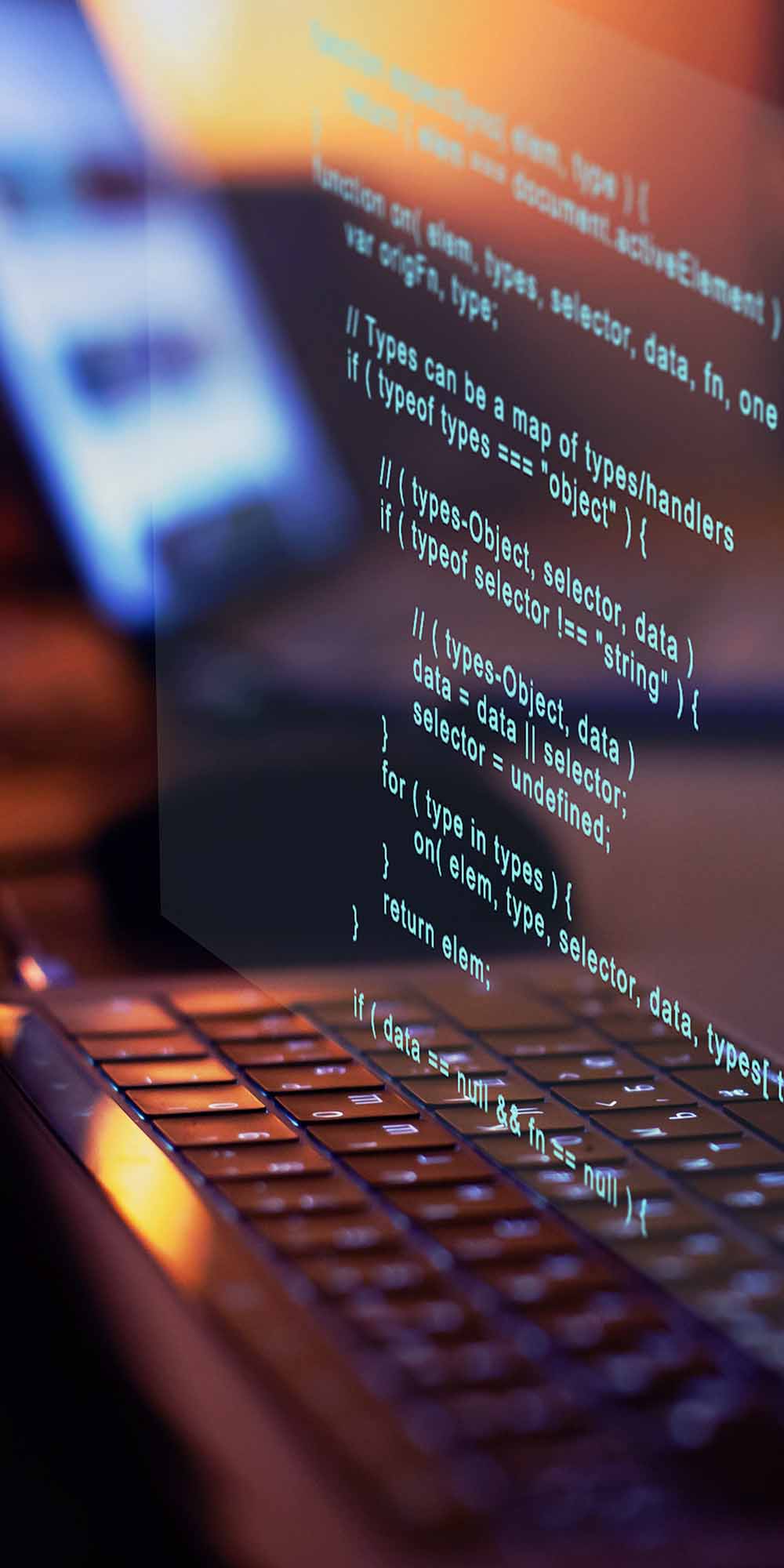

05
AI and Gender Bias in the Asia Pacific
Algorithmic bias is one of the greatest impediments to gender equality. Gender bias in artificial intelligence (AI) has put millions of women’s lives at risk during the pandemic, and many more were disadvantaged in gaining equal access to quality education, employment, and financial security. Existing research based in Europe and America has shown that bias in search engine and advertising algorithms has made it less likely for women to access STEM education and career opportunities. This project is the first to identify algorithmic bias in STEM opportunities for women in Asia. Through partnership with Google, and three Asia-based strategic partner universities, it aims to break algorithmic barriers to achieving inclusive and equitable quality education for all (SDG 4) and gender equality (SDG 5) by uncovering sources of bias and countering it through collaborative stakeholder engagement.
Funding: International SDG Collaboration Program (University of Sydney) and Google Research.
Project team: Aim Sinpeng, Olga Boichak, Joanne Gray
06
War by Other Memes: The North Atlantic Fellas Organisation
Memes, defined as operational units of cultural transmission, may be used to propagate ideas, beliefs, and identities through recontextualising them in multimodal forms. Yet, in media and communication scholarship, memes have been explored predominantly in their capacity to spread disinformation and propaganda. This project investigates the North Atlantic Fellas Organisation (#NAFO) – a vernacular online community engaged in debunking Russian propaganda about the war in Ukraine – to understand the potential for the use of playful memetic forms in combating disinformation. Drawing on a combination of ethnographic and computational methods, we attend to memes an increasingly powerful vernacular genre which can mobilise organic online communities in battles for epistemic authority.
Project team: Olga Boichak, Kateryna Kasianenko (Queensland University of Technology)

Publications
Featured publications
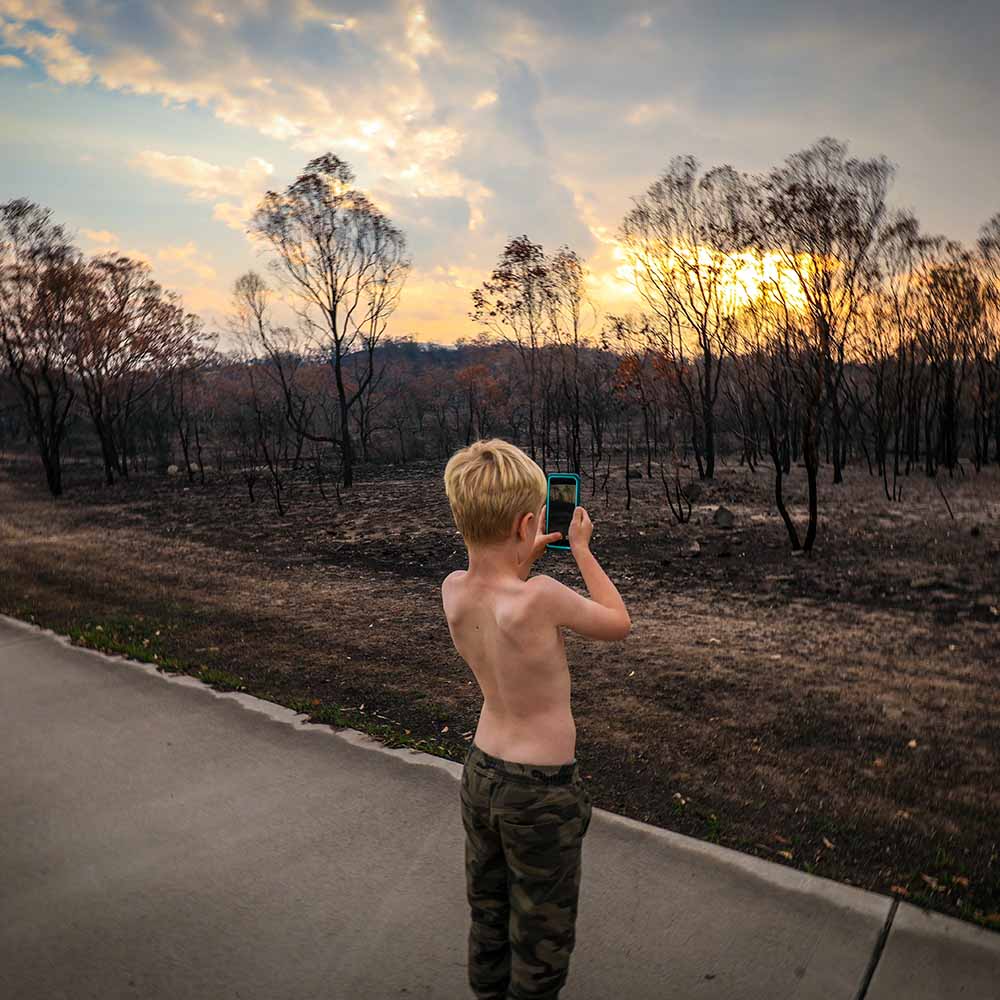
Bednarek, M., Ross, A. S., Boichak, O., Doran, Y. J., Carr, G., Altmann, E. G., & Alexander, T. J. (2022). Winning the discursive struggle? The impact of a significant environmental crisis event on dominant climate discourses on Twitter. Discourse, Context & Media, 45. https://doi.org/10.1016/j.dcm.2021.100564

Kong, Q., Calderon, P., Ram, R., Boichak, O. & MA Rizoiu. (2023) Interval-censored Transformer Hawkes: Detecting Information Operations using the Reaction of Social Systems. Proceedings of the ACM Web Conference 2023. https://dl.acm.org/doi/abs/10.1145/3543507.3583481
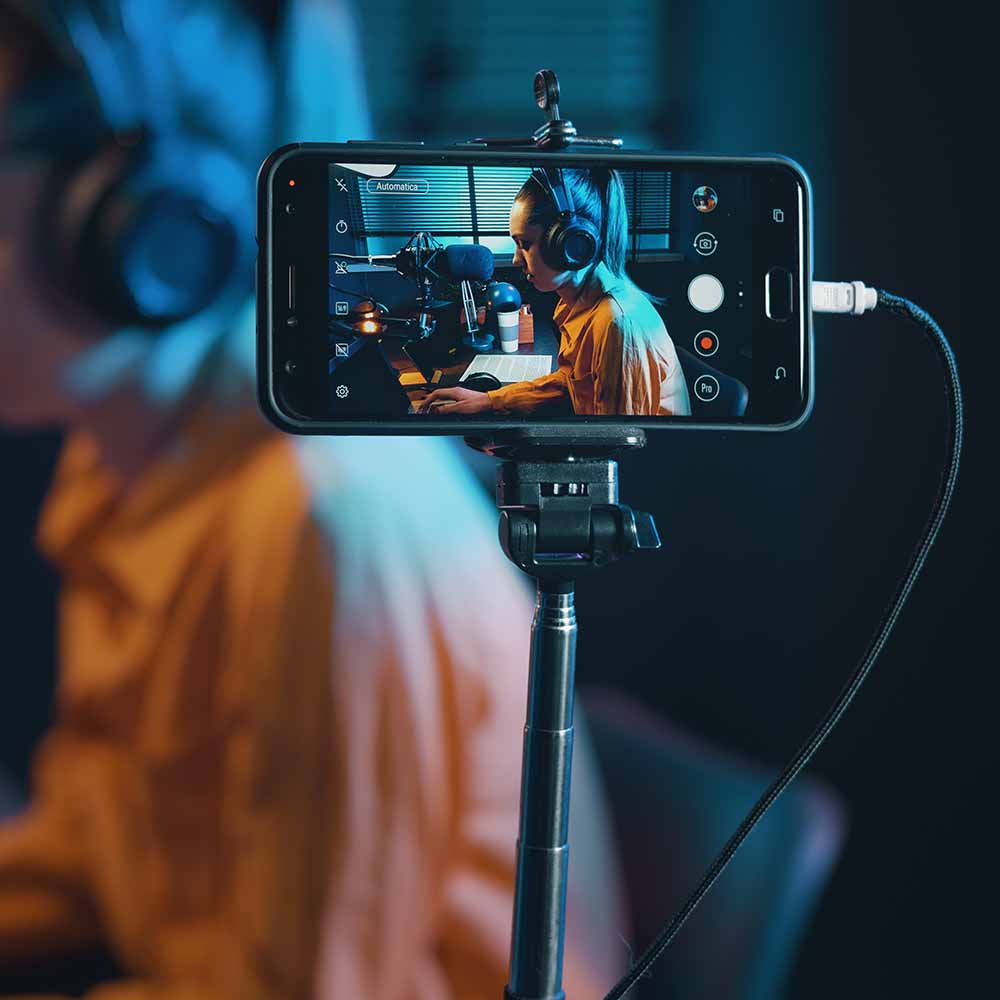
Ha, L., Graham, T., Gray, J. (2022). Where conspiracy theories flourish: A study of YouTube comments and Bill Gates conspiracy theories. Harvard Kennedy School Misinformation Review, 3(5). https://misinforeview.hks.harvard.edu/article/where-conspiracy-theories-flourish-a-study-of-youtube-comments-and-bill-gates-conspiracy-theories/
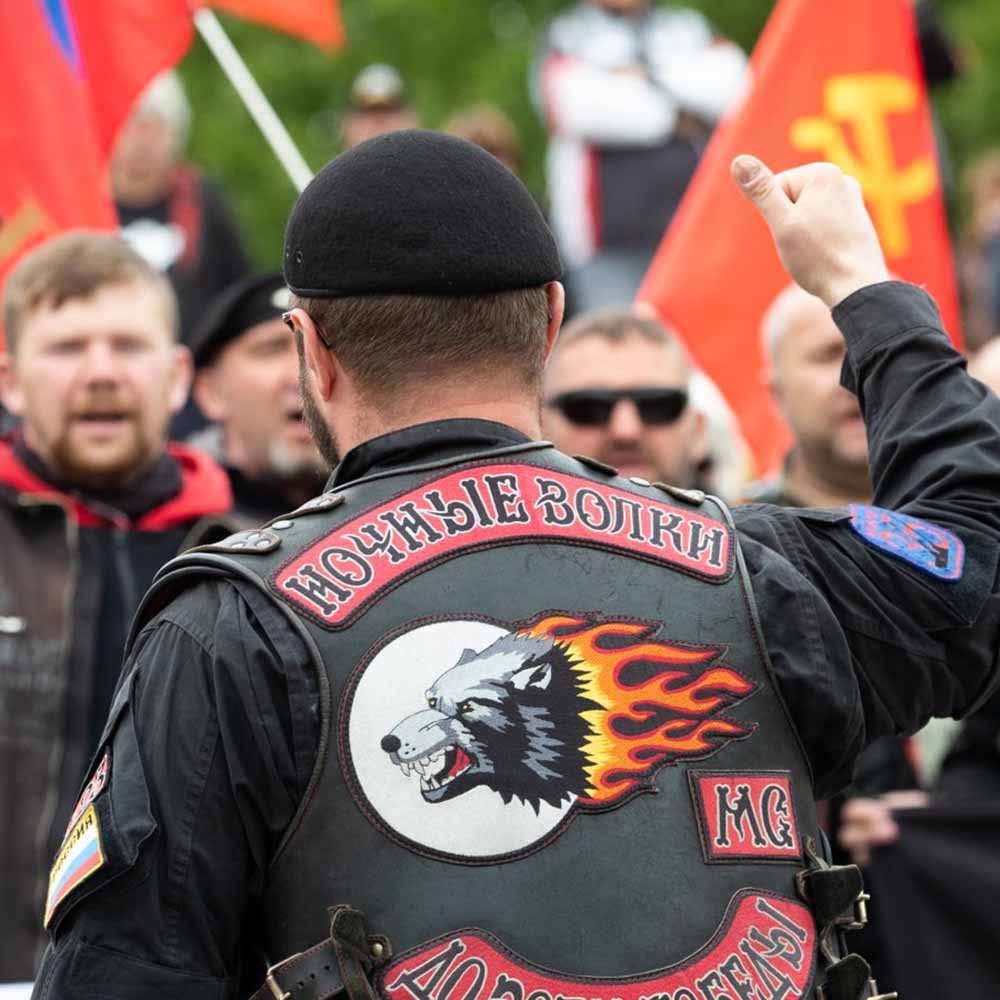
Boichak, O. (2023). Mapping the Russian Political Influence Ecosystem: The Night Wolves Biker Gang. Social Media + Society, 9(2). https://doi.org/10.1177/20563051231177920
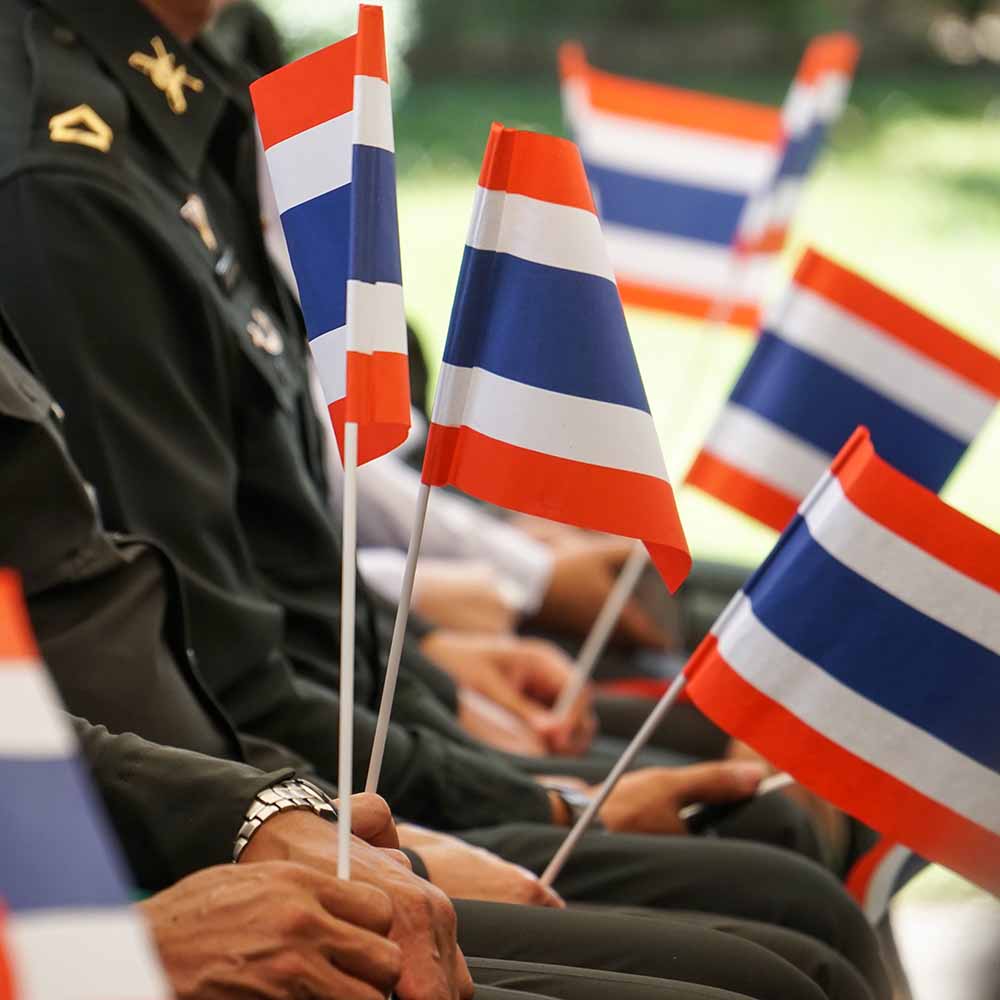
Sinpeng, A. (2022). Crowdsourcing dictatorship in Thailand. Asian Journal of Comparative Politics, 0(0). https://doi.org/10.1177/20578911221119869
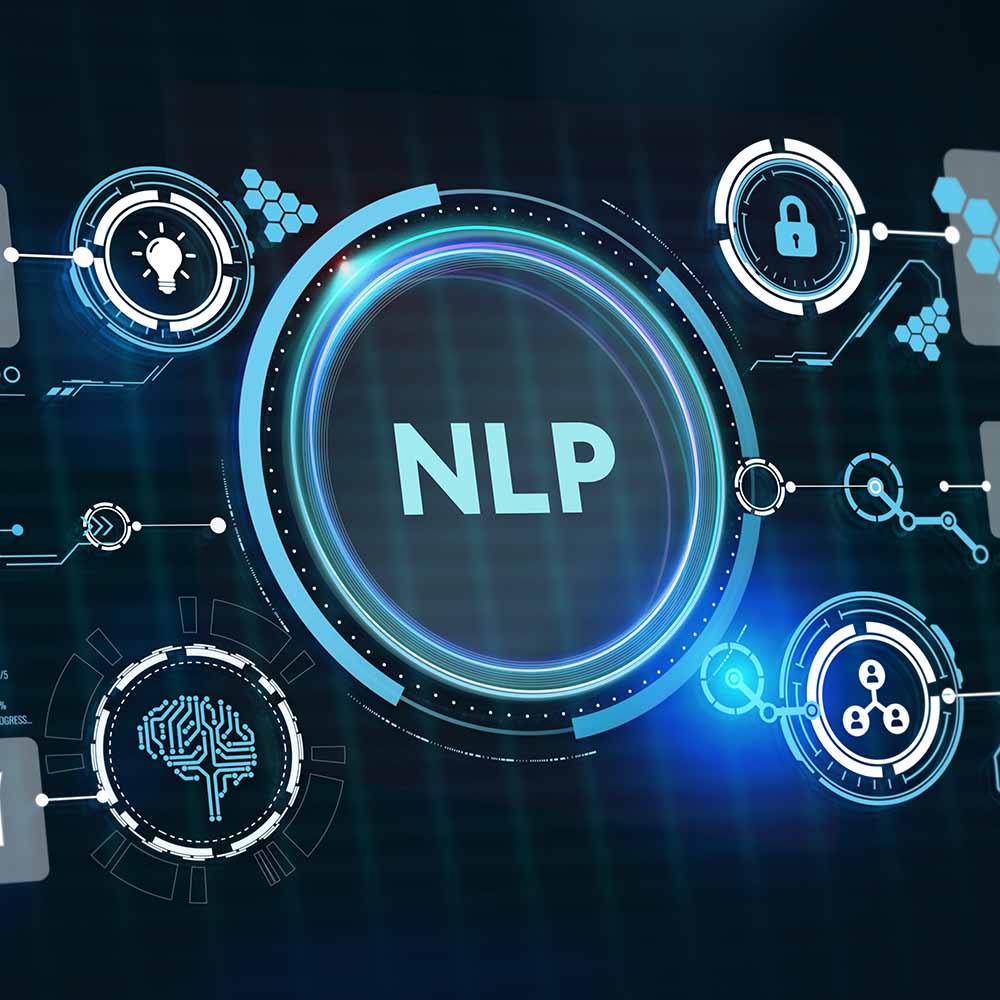
Bednarek, M. & C. Bray (2023). Trialling corpus search techniques for identifying person-first and identity-first language. Applied Corpus Linguistics 3 (1), 100046, 1-6. https://doi.org/10.1016/j.acorp.2023.100046
Selected publications
Boichak, O. (2022) Mapping Cross-Platform Mobilisation: Geographies of Online Activism. In: SAGE Research Methods: Doing Research Online. SAGE Publishing. https://methods.sagepub.com/case/mapping-cross-platform-mobilization-geographies-online-activism
Boichak, O., Hemsley, J., Jackson, S., Tromble, R., Tanupabrungsun, S. (2021) Not the Bots You Are Looking For: Patterns and Effects of Orchestrated Interventions in the U.S. and German Elections. International Journal of Communication, 15(2021), 814-839. https://ijoc.org/index.php/ijoc/article/view/14866
Boichak, O., Kumar, P. (2022) Mapping the National Web: Spaces, Cultures, and Borders of Diasporic Mobilization in the Digital Age. Global Networks, 22(2), 242-258. https://doi.org/10.1111/glob.12342
Gray, J., Suzor, N. (2020). Playing with machines: Using machine learning to understand automated copyright enforcement at scale. Big Data & Society, 7(1). https://journals.sagepub.com/doi/10.1177/2053951720919963
Gray, J., Witt, A. (2021). A feminist data ethics of care for machine learning: The what, why, who and how. First Monday, 26(12). https://journals.uic.edu/ojs/index.php/fm/article/view/11833
Ha, L., Graham, T., Gray, J. (2022). Where conspiracy theories flourish: A study of YouTube comments and Bill Gates conspiracy theories. Harvard Kennedy School Misinformation Review, 3(5). https://misinforeview.hks.harvard.edu/article/where-conspiracy-theories-flourish-a-study-of-youtube-comments-and-bill-gates-conspiracy-theories/
Lokot, T. & Boichak, O. (2022) Translating Protest: Networked Diasporas and Transnational Mobilisation in Ukraine’s Euromaidan Protests. Partecipazione & Conflitto, 15(1). http://siba-ese.unisalento.it/index.php/paco/article/view/25071
Matamoros-Fernandez, A., Gray, J., Bartolo, L., Burgess, J., Suzor, N. (2021). What’s Up Next? Investigating Algorithmic Recommendations on YouTube Across Issues and Over Time. Media and Communication, 9(4), 234-249. https://www.cogitatiopress.com/mediaandcommunication/article/view/4184
Bednarek, M. (2023). Language and Characterisation in Television Series. A Corpus-informed Approach to the Construction of Social Identity in the Media. Amsterdam/Philadelphia: John Benjamins.
Bednarek, M. & C. Bray (2023). Trialling corpus search techniques for identifying person-first and identity-first language. Applied Corpus Linguistics 3 (1), 100046, 1-6. https://doi.org/10.1016/j.acorp.2023.100046
Bednarek, M., Ross, A. S., Boichak, O., Doran, Y. I., Carr, G., Altmann, E. G. & T. J. Alexander (2022). Winning the discursive struggle? The impact of a significant environmental crisis event on dominant climate discourses on Twitter. Discourse, Context & Media 45, 100564, 1-13. https://doi.org/10.1016/j.dcm.2021.100564
Bednarek, M. & G. Carr (2021) Computer-assisted digital text analysis for journalism and communications research: Introducing corpus linguistic techniques that do not require programming. Media International Australia 181/1: 131–151. https://doi.org/10.1177%2F1329878X20947124
Bednarek, M., Caple, H. & C. Huan (2021) Computer-based analysis of news values: A case study on national day reporting. Journalism Studies 22/6: 702-722. https://doi.org/10.1080/1461670X.2020.1807393
García, A., Crosthwaite, P. and M. Bednarek (eds.) (2020) Special issue of the Australian Review of Applied Linguistics 43/2 on Corpus linguistics and Education in Australia. doi:https://doi.org/10.1075/aral.43.2
Bednarek, M. and H. Caple (2017) The Discourse of News Values: How News Organisations Create Newsworthiness. Oxford/New York: Oxford University Press.
J. M. Moore, G. Yan, E. G Altmann, “Nonparametric Power-Law Surrogates”, Phys. Rev. X 12, 021056 (2022), https://doi.org/10.1103/PhysRevX.12.021056
E. G. Altmann, “Spatial interactions in urban scaling laws”, PLOS ONE 15, e0243390 (2020) https://journals.plos.org/plosone/article?id=10.1371/journal.pone.0243390
M. De Domenico and E. G. Altmann, “Unraveling the Origin of Social Bursts in Collective Attention”, Nature Scientific Report 10, 4629 (2020) https://doi.org/10.1038/s41598-020-61523-z
M. Gerlach and E. G. Altmann, “Testing statistical laws in complex systems”, Phys. Rev. Lett. 122, 168301 (2019) https://doi.org/10.1103/PhysRevLett.122.168301
M. Gerlach, T. P. Peixoto, and E. G. Altmann, “A network approach to topic models”, Sci. Adv. 4, eaaq1360 (2018) http://doi.org/10.1126/sciadv.aaq1360
Gulson, K. N., et al. (2022). Algorithms of Education: How Datafication and Artificial Intelligence Shapes Policy. Minneapolis, University of Minnesota Press. Open access link: https://manifold.umn.edu/projects/algorithms-of-education

